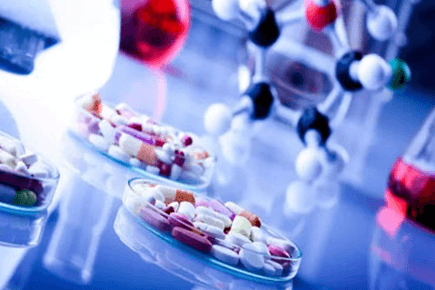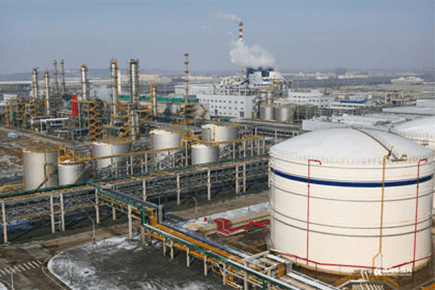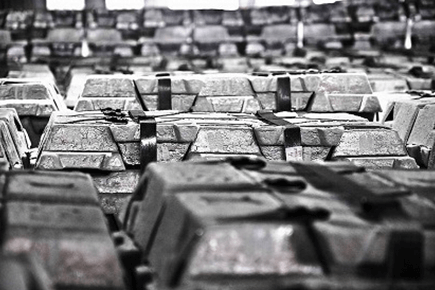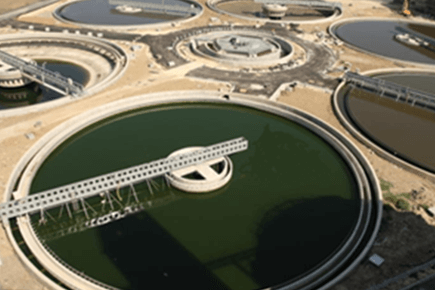SEPLIFE® LX-MC-dex1 microcarriers powder resin for the production of vaccines and protein products
SEPLIFE® LX-MC-dex1 microcarrier is a microbead carrier that uses dextran microspheres as a matrix and is suitable for cell attachment growth. It has good hydrophilicity, biocompatibility, suitable charge and particle size. The pore size and density provide good conditions for the adherent culture of cells. LX-MC-dex1 microcarrier is currently the most widely used microcarrier, which can adapt to more than 60 cell types to be cultured, and are mainly used for the production of vaccines and protein products.
SEPLIFE® LX-MC-dex1 Powder Resin for Protein Physical and Chemical Characteristics:
|
Physical Appearance |
White solid, powder, Odorless, tasteless, no visible impurities |
|
Particle size: Dry powder Saline solution |
0.05-0.1 mm 0.145-0.24 mm |
|
Density (g/l) |
<1.045 |
|
Total Exchange Capacity (mmol/g, on dry basis) |
1.4-1.6 |
|
Expansion factor * (ml/g, on dry basis) |
17-22 |
|
Loss on drying |
<10% |
|
Total bacterial count (cfu/g) |
<100 |
|
Number of microcarriers per gram of dry weight (Approx.) |
4.3×106 |
SEPLIFE® LX-MC-dex1 Powder Resin for Protein Precautions:
Resins should be stored in sealed containers or bags where temperature was above 0℃ in dry conditions without exposure to direct sunlight. Do not mix ion exchange resin with strong oxidizing agents; otherwise it will cause violent reactions.
In case of eyes contact with resins, rinse eyes immediately with plenty of water, and consult a specialist. Material and samples must be disposed according to local regulations.
Dry polymers will expand when become wetted and may cause an exothermic reaction. Spilled materials may be slippery.
SEPLITE® and Monojet™ are registered trademarks of Sunresin New Materials Co. Ltd.
This information is general information and may differ from that based on actual conditions. For more information about SEPLITE® resins, please contact SUNRESIN® directly.















